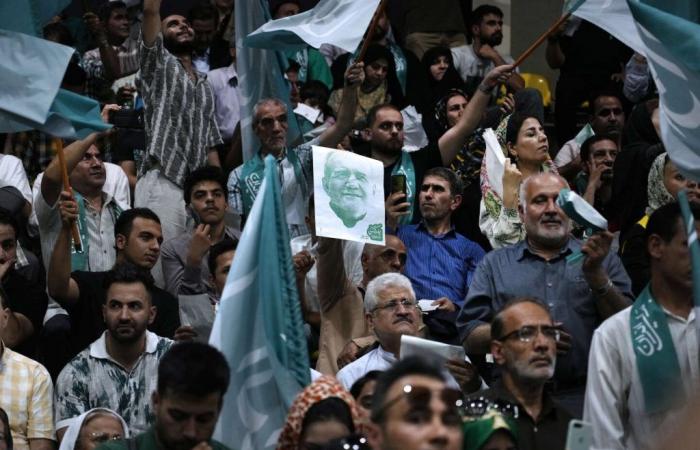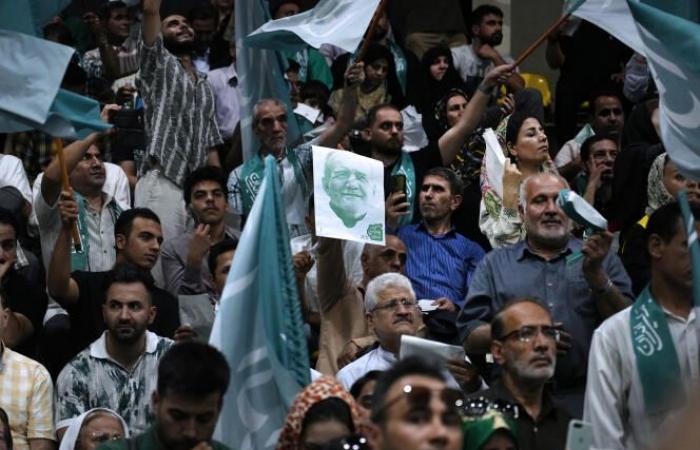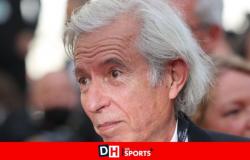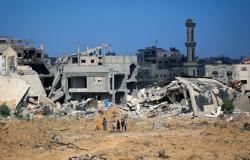A second round of voting will be necessary in Iran to designate the successor to President Ebrahim Raisi, who died on May 19 in a helicopter crash. The vote, scheduled for July 5, will have to decide between the reformist candidate Masoud Pezeshkian and the ultraconservative Said Jalili, who came out on top in the first round held on Friday, June 28. Abstention, which reached a record level, is the big winner, to date, of the consultation.
The latest results announced by the Ministry of the Interior, covering 19 million votes out of a total of 26 million, or a turnout of 40% at this stage, demonstrate the impotence of the reformist camp, which was unable to mobilize the undecided and even some of its traditional voters. Masoud Pezeshkian was able to obtain 44% of the votes, compared to 38% for Said Jalili.
The election campaign of Masoud Pezeshkian, a former member of parliament and former health minister under reformist President Mohammad Khatami (1997-2005), was sluggish. The candidate did not cross any red lines in his speeches, at his rallies and on Iranian television, constantly repeating his absolute loyalty to Supreme Leader Ali Khamenei, the country’s greatest authority and the greatest obstacle standing in the way of any change in Iran.
“From the day I signed up [comme candidat à la présidentielle], I said I would continue the policies of the Supreme Leader”, he repeated. Even his decision to appoint as diplomatic advisor Mohammad Javad Zarif, former head of Iranian diplomacy (2013-2021) and architect of the agreement on the nuclear file, in 2015, did not convince the reformist electoral base of his ability to significantly change the situation in Iran. The nuclear “deal” has been obsolete since the United States unilaterally left it, under former President Donald Trump, in 2018. American sanctions, reimposed since, are stifling the Iranian economy, which is also suffering from a poor management and endemic corruption.
The morality police remain very present
Among the mass of abstainers, many consider that the president is no match for the Supreme Guide, master of repression who can attack any dissonant voice at any time. They experienced this, notably in November 2019 under the presidency of Hassan Rouhani, presented as a moderate. At least 305 demonstrators were killed for protesting against rising fuel prices and the blockage of the Iranian political system. The Internet was cut across the country for ten days. Some members of Mr. Pezeshkian’s entourage, who held positions of responsibility in 2019, tried to defend themselves from any complicity in this repression, without convincing, it seems.
You have 56.47% of this article left to read. The rest is reserved for subscribers.







